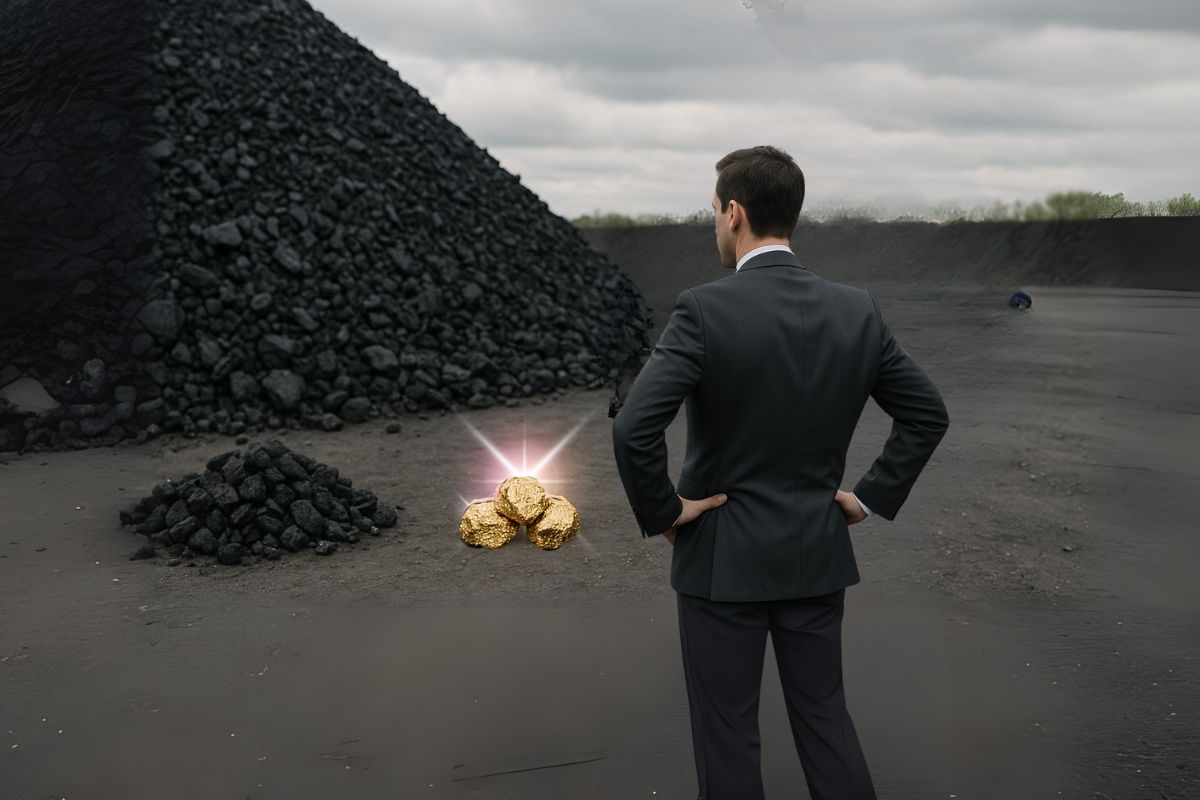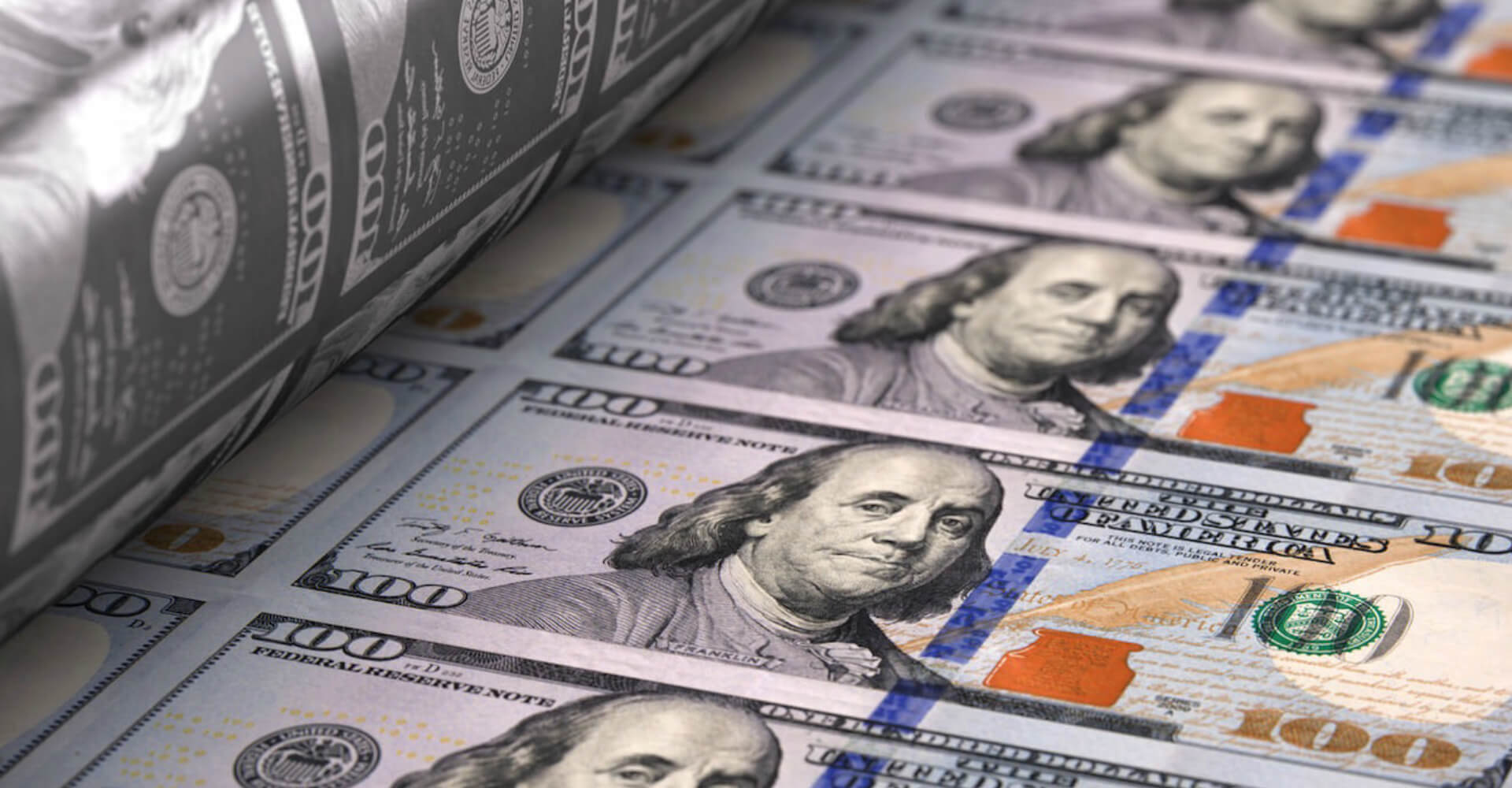
Stop Chasing the Wrong Leads. Start Closing the Right Ones.
Hotel salespeople are drowning in leads: RFPs, inbound requests, third-party submissions, referrals.
It’s a firehose that feels more like survival than selling.
I joke it’s like being stuck on a hamster wheel. Lots of motion, zero momentum.
So, I sat down with my buddy Mike Medsker, co-founder of SIV, at Paradise Point Resort to talk about something we call lead literacy, so we can have a better understanding of which leads actually matter.
Spoiler: not all of them do.
Hotel Sales Strategies Start with Knowing Which Leads Deserve Your Time
Mike says: “We generally like to break down group leads by type, by source, and by planner.”
Translation? A lead isn’t just a name in the inbox; it’s a category that carries context. Understanding the difference is one of the most important hotel sales strategies you can master.
- Inbound leads are the traditional bread and butter—planners with dates, rates, and space requirements.
- Outbound leads come from hustle—sales teams pounding the pavement at conferences like IMEX or MPI. They may not convert instantly, but they’re seeds that can grow.
- Direct leads (website, email, phone) often carry stronger intent.
- Third-party leads (Cvent, HelmsBriscoe, ConferenceDirect) mean you’re competing against a dozen hotels in multiple markets.
And don’t forget the planner variable: professional vs. DIY.
As I pointed out to Mike, rookie planners are often the best prospects. They don’t know the lingo, they’re not blasting 20 hotels, and they’re wide open to a bit of hand-holding.
Build that relationship early, and you’ll win them for life.
👉 Pro Tip: Don’t ignore the rookies. Teach them the ropes and you’ll be their go-to forever. Nurturing DIY planners isn’t just smart, it’s a long-term hotel sales strategy that builds loyalty
The Waiting Game is Costing You Business
Here’s where most hotels blow it: timing.
Mike told me, “30 to 40% of leads now come outside of business hours.” Translation: that Friday 4 p.m. request? If you don’t reply until Monday afternoon, you might as well not reply at all.
Here’s a stat to chew on: responding within 5 minutes increases conversion odds 8x compared to an hour later.
And yet … most hotels are still stuck in the “lead catcher” model, sending a sad little auto-response from [email protected].
That’s not just slow. It’s impersonal.
Mike adds, “Your hotel’s not gonna be the right fit for every lead.” If you’re spending time on mismatched inquiries while ignoring hot prospects, you’re losing revenue and credibility.
Pro Tip: Planners don’t care about your “business hours.” To them, Friday-to-Monday isn’t 12 hours—it’s 72.
Winning with Speed, Personalization, and Focus
The smartest hotels are learning to prioritize.
Step one? Stop pretending every lead is equal.
Step two? Add personalization and speed where it matters most.
Here’s how:
- Humanize the response. “You want that initial response back when somebody expresses interest in coming from your hotel,” Mike explained. Better yet, have it come from the actual seller. Bonus points if you follow up with a text within minutes.
- Don’t ghost non-professional planners. These folks aren’t reaching out to 20 hotels. They want guidance, and if you’re the one holding their hand, you win their loyalty (and often at a premium).
- Personalize the nurture. Forget e-blasts. No one wants to be blasted! Drip valuable, personalized insights that keep your hotel top-of-mind without feeling like spam.
- Reframe the conversation. Instead of hammering “need dates” and minimums, make the planner the hero. “If you can position your hotel as the best property for their needs,” Mike said, “they’ll often pay 10 to 15% more.”
Cvent’s Meeting Planner Survey found that planners often pay 10–15% more for hotels they trust over cheaper alternatives.
Case in point? Paradise Point Resort.
By flipping the script—fast responses, direct seller connections, and focus on quality over quantity—the sales team started closing more business before competitors even hit “send.”
Fast follow-up isn’t just good service ... it’s a proven hotel sales strategy that directly impacts conversion rates
Less Spray, More Sway
Hotel sales teams don’t need more leads … they need smarter ones.
The game isn’t about chasing every RFP that hits the inbox. It’s about speed, personalization, and knowing when to walk away.
Every “no” you give should feel like a “not yet.” Gracefully bowing out leaves the door open for the next opportunity.
As Mike says, “If we’re not helping our customers get more value, then we shouldn’t exist as an organization.”
The same goes for hotels.
Cut the clutter, focus on the right opportunities, and suddenly sales stops feeling like a hamster wheel and starts looking like a strategy.

Hotel Sales Strategies FAQs
1. What types of hotel sales leads convert best?
Direct leads—those that come through your hotel’s website, phone, or email—usually convert at higher rates than third-party leads because the planner has already shown interest in your property. Non-professional planners can also be strong opportunities since they typically reach out to fewer hotels.
2. How fast should hotels respond to group sales leads?
Within five minutes of receiving an inquiry, if possible. Research shows conversion rates are up to 8x higher when responses happen in that window versus an hour later.
3. Are third-party RFPs from platforms like Cvent worth the time?
Yes, but they’re competitive. To stand out, hotels need to sell not just their property but their destination. Prioritizing fit—quickly identifying which RFPs align with your space, dates, and services—prevents wasted effort.
4. How can hotels handle leads that come in outside of business hours?
Automation helps. Auto-responses branded to the hotel and tied to a real seller’s name (not just [email protected]) create instant trust. A follow-up text or personalized email can bridge the gap until a sales manager connects in person.
5. What’s the best way to nurture leads that aren’t ready to book?
Avoid “e-blasts.” Instead, send personalized, value-driven touches—like event planning tips, local destination content, or case studies. No one wants to be blasted. Everything in personalization.



